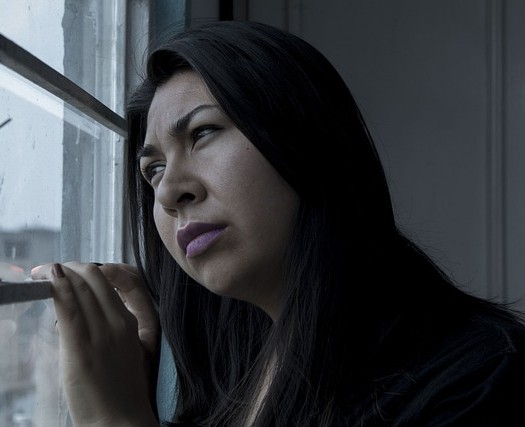Report finds individuals held against their will for mental health conditions may not be given due process for extended periods of time, may be subjected to abusive treatment while detained, and may endure serious disruptions to their lives.
A troubling new report details traumatic and disturbing experiences of people held against their will in hospital emergency departments in North Carolina under state law allowing involuntary detention of individuals deemed a danger to themselves or others and in need of treatment. This civil process, meant to be a last resort, has become a convenient option, or “easy button,” according to a psychiatrist quoted in the report.
Entitled “Involuntary Commitment in NC: Overused, Misused, and Harmful,” the report is the result of more than a year of investigation by Disability Rights North Carolina (DRNC) into the real-life impact of the use of the state’s involuntary commitment law. DRNC is North Carolina’s federally-mandated Protection and Advocacy (P&A) organization, one of 57 P&As across the country, charged by Congress with advocating for the legal rights of people with disabilities.
DRNC leads off its report with its overarching finding: “What was once meant to be a narrowly applied intervention has devolved into a widespread, expensive, wasteful, and abusive practice that is failing those it purports to help.” It further characterizes the involuntary commitment process as “a deeply flawed system that causes lasting harm instead of delivering help.”

The organization found that individuals are detained in hospital emergency rooms without access to legal representation, often for days, weeks, or even months, while waiting for an available bed and psychiatric evaluation at a psychiatric facility. While being detained, “individuals – including some young children – are subjected to strip searches, physical restraints, forced medication” and, when being transported to a psychiatric facility, may be placed in handcuffs and shackles, according to the report.
Further criticizing the process, DRNC reports that the involuntary commitment process “often excludes family members and guardians from decisions” being made about the individuals being held, and that the detentions can result in job loss, financial hardship, and other disruption to lives. After an involuntary commitment, a person cannot legally own a firearm or engage in hunting, recreational shooting, or gun collecting, and may be disqualified from serving in the military, law enforcement, or on a jury.
The report notes that “some magistrates issue custody orders for IVC [involuntary commitment] without understanding the legal criteria and defer to people requesting the IVC, resulting in people wrongfully being taken into custody by law enforcement for an examination at an ED [emergency department].” The report goes on to say that “nursing homes and assisted living facilities misuse the IVC process to ‘dump’ people with dementia and that spouses and domestic partners misuse the IVC process as a means of control.”
DRNC sees a positive trend in the growing number of alternative community sources of help for individuals under emotional stress. “Some enlightened community leaders are innovating creative solutions to support healing in their communities and keep people out of crisis,” DRNC reports. The organization calls for an urgent expansion of, and support for, alternative care that is “effective, humane, and recovery-focused.”
In 2023, the World Health Organization (WHO) and the United Nations Office of the High Commissioner for Human Rights (OHCHR) jointly issued new guidance calling on U.N. member nations to end involuntary mental health practices. Explaining their stance, they wrote: “A growing body of evidence sets out how coercive practices negatively impact physical and mental health, often compounding a person’s existing condition while alienating them from their support systems.”
WHO also stated, in earlier guidance issued in 2021, that its opposition to involuntary mental health treatment extends even to those experiencing acute mental distress. WHO wrote that individuals in mental health crisis “are at a heightened risk of their human rights being violated, including through forced admissions and treatment…. These practices have been shown to be harmful to people’s mental, emotional and physical health, sometimes leading to death.”
Recent research supports WHO’s position, indicating that overall, forced hospitalization for mental health treatment not only does not benefit patients’ mental health condition or reduce their risk of suicide, but potentially increases the risk of suicide attempts after release.
Still other research has revealed racial disparities in the use of involuntary commitment. A recent study in Boston found that among individuals for whom requests were made under Massachusetts law to transport them against their will for psychiatric evaluation, 41% were for individuals identified as Black or African American, although this racial group comprises only 23% of Boston’s population.
The Citizens Commission on Human Rights (CCHR) continues to be a global leader in the fight to eliminate coercive and abusive mental health practices, including involuntary detention, seclusion, restraints, forced drugging, and electroshock.
